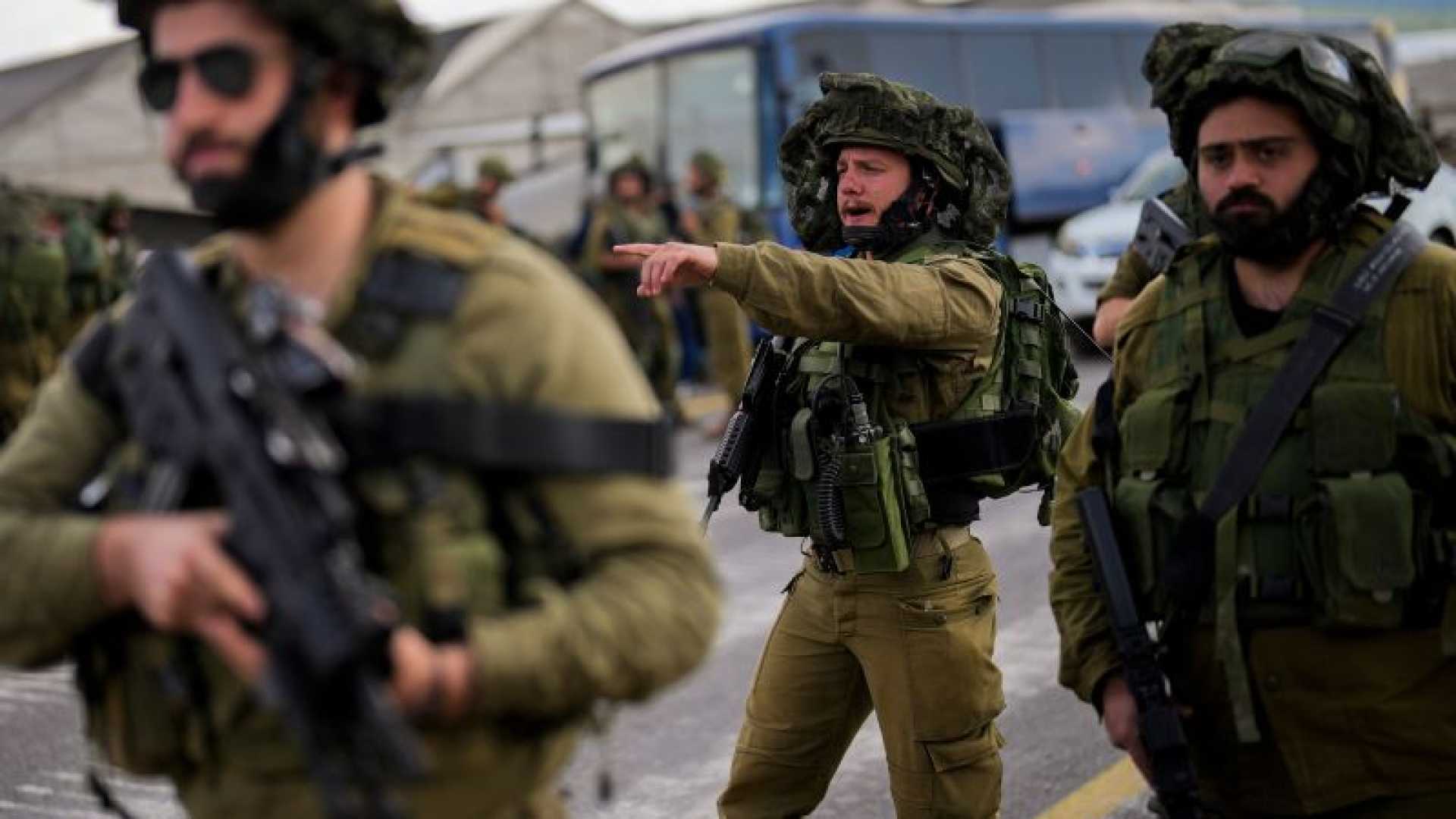News
Escalating Tensions as Israel and Hezbollah Clash Amid Regional Concerns

In a series of recent developments, Israeli forces have intensified military operations targeting Hezbollah positions in Lebanon, as the relationship between Israel and the United States shows signs of strain. The anticipated meeting between Israeli Defence Minister Yoav Gallant and US Defence Secretary Lloyd Austin was postponed, as reported by both US officials and Israeli media. The postponement has been attributed to Israeli Prime Minister Benjamin Netanyahu allegedly blocking the defense minister’s travel, demanding a call from US President Joe Biden before any discussions proceed. According to spokespersons, Biden is urging Israel to refrain from escalating attacks on Iran’s oil facilities, citing potential global economic impacts.
Meanwhile, tensions have escalated on the Israeli-Lebanese border. The Israel Defense Forces (IDF) have conducted numerous strikes in southern Lebanon, targeting Hezbollah’s underground command centers. The strikes, carried out by the Israel Air Forces (IAF), purportedly resulted in the deaths of 50 Hezbollah members, including senior commanders. These strikes form part of an operation the IDF claims aims to dismantle a network built over several years. Hezbollah has not yet commented on these reported casualties.
The conflict’s repercussions have been felt in neighboring Syria, where Israeli strikes on residential buildings in Damascus resulted in civilian deaths, including women and children. The Syrian Defense Ministry reported ongoing rescue efforts in the affected areas, highlighting the broader regional implications of the Israel-Hezbollah conflict.
In a separate development, Israeli Prime Minister Netanyahu delivered a stark warning to Hezbollah, emphasizing Israel’s determination to defend itself and urging the Lebanese populace to reclaim their country from Hezbollah’s influence. The warning follows Israel’s recent successes in targeting Hezbollah’s leadership, including a strike in Beirut resulting in the death of Suhail Hussein Husseini, a senior Hezbollah commander responsible for logistics and planning attacks against Israel.
The escalating conflict has strained Lebanon’s infrastructure, especially in the capital, Beirut, where the influx of displaced individuals has overwhelmed the city. Beirut’s Mayor, Abdallah Darwich, expressed concern over the city’s capacity to manage the displacement crisis, emphasizing the urgent need for a ceasefire and international support to rebuild.
In addition, the conflict has raised fears of a broader regional war as Iran warns of potential retaliation against Israel. Iranian Foreign Minister Abbas Araghchi has reiterated Tehran’s intent to respond to Israeli aggression, further complicating the prospect of a diplomatic resolution.
The ongoing conflict has seen Hezbollah launching missile attacks into northern Israel, prompting air raid alerts and highlighting the intensification of hostilities. Hezbollah Deputy Leader Naim Qassem affirmed the group’s readiness to expand its operations against Israeli targets, while also indicating a willingness to consider ceasefire negotiations mediated by Lebanese Parliament Speaker Nabih Berri.












